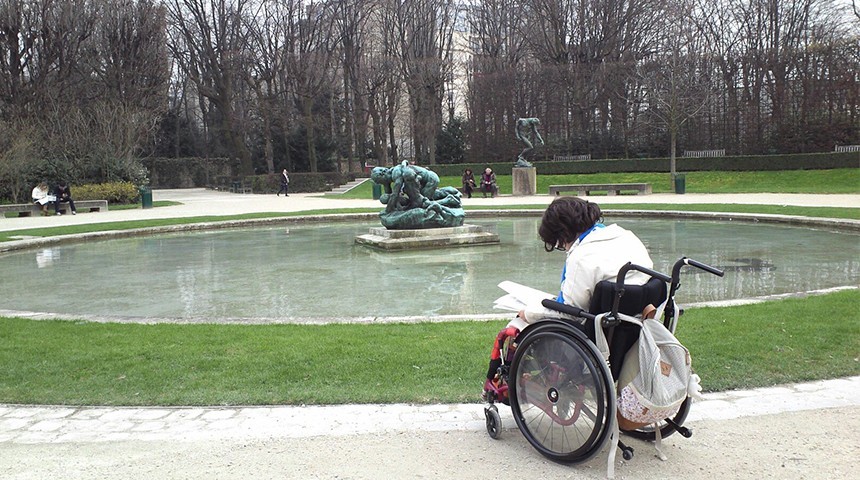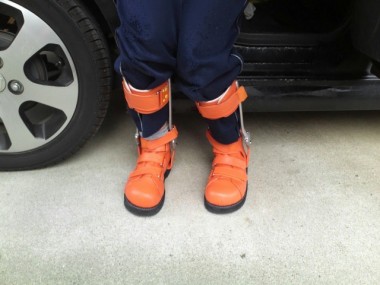
May 15, 2017
Raising A Child with Disabilities Abroad
And the added complications of living abroad
Giving birth to and raising a child in a foreign country can be daunting. But when that child has a disability, the challenges increase dramatically. For me, it all began when my twins were born fourteen weeks premature in a hospital in Tokushima. Although my son emerged from the NICU (Neonatal Intensive Care Unit) after three months without any noticeable problems, we eventually learned our daughter was deaf and had cerebral palsy.
Because my Japanese husband had a steady job with good insurance coverage as a high school teacher, we didn’t even consider moving to the United States, my native country. However, living far from my family meant that I had little back-up support, and dealing with the endless bureaucracy in Japanese has been a challenge. Nevertheless, we managed to raise our daughter to adulthood—she will turn eighteen this month. She is, for the most part, a healthy and happy young woman, with friends, hobbies and dreams for the future. It hasn’t been easy, but here are some of the things that other mothers of children with disabilities and I have learned.
Trust Your Instincts
Although parents of children with special needs will get plenty of advice from doctors, teachers, therapists and other professionals, no one knows their child better than his/her parents. Former expat Robbie Walker, mother of a daughter with unilateral hearing loss and related learning disabilities, writes: “I received many different diagnoses and opinions over the years about what was the ‘problem’ with my daughter. Even before I received the technical confirming results of the final diagnosis, I knew it was correct from everything I knew and had observed in my daughter. Those who know a child best, know what is best.”

Ask for What You Need
The squeaky wheel gets the grease. When my daughter’s teachers declared that she would not be getting English lessons at school because she wasn’t on the academic track, and therefore didn’t need to learn English for college entrance exams, I still insisted that they work English into her education. To me, the reasons for teaching her English were evident. She has many English-speaking relatives and often visits the United States. The teachers, however, didn’t recognize the need until I told them how I felt.
Sara Yoshihara, who has a daughter with autism, adds: “Understand that teachers and social workers who are not specialized in helping children with disabilities have quite a low baseline understanding of what support and accommodation is possible and what is necessary. Parents need to be ready to advocate strongly for their child and, if at all possible, identify and enlist the support of a qualified professional.”
Find a Community
Motherhood can be overwhelming in Japan. Not only are we expected to get up at 5 a.m. to make anime characters out of food for our children’s bentos, but we are also the ones who supposedly determine our children’s success (or failure) in life. As Laurel Kamada writes, “My child had some undiagnosed problems, and it was very hard for our family. Japan just tends to ignore the problem and blame the gaijin mother for everything. I have felt guilty of being a poor mother as I could not teach kokugo (native language use) at home very well and my son suffered for it all of the way through school.”
To ease some of the pressure and loneliness, connect with other foreign mothers through organizations such as the Association of Foreign Wives of Japanese or online chat groups. Ask about home helpers and day care services for children with special needs at your local town office. Ask your friends for assistance. And don’t forget to take care of yourself—do yoga, or go for a walk.







